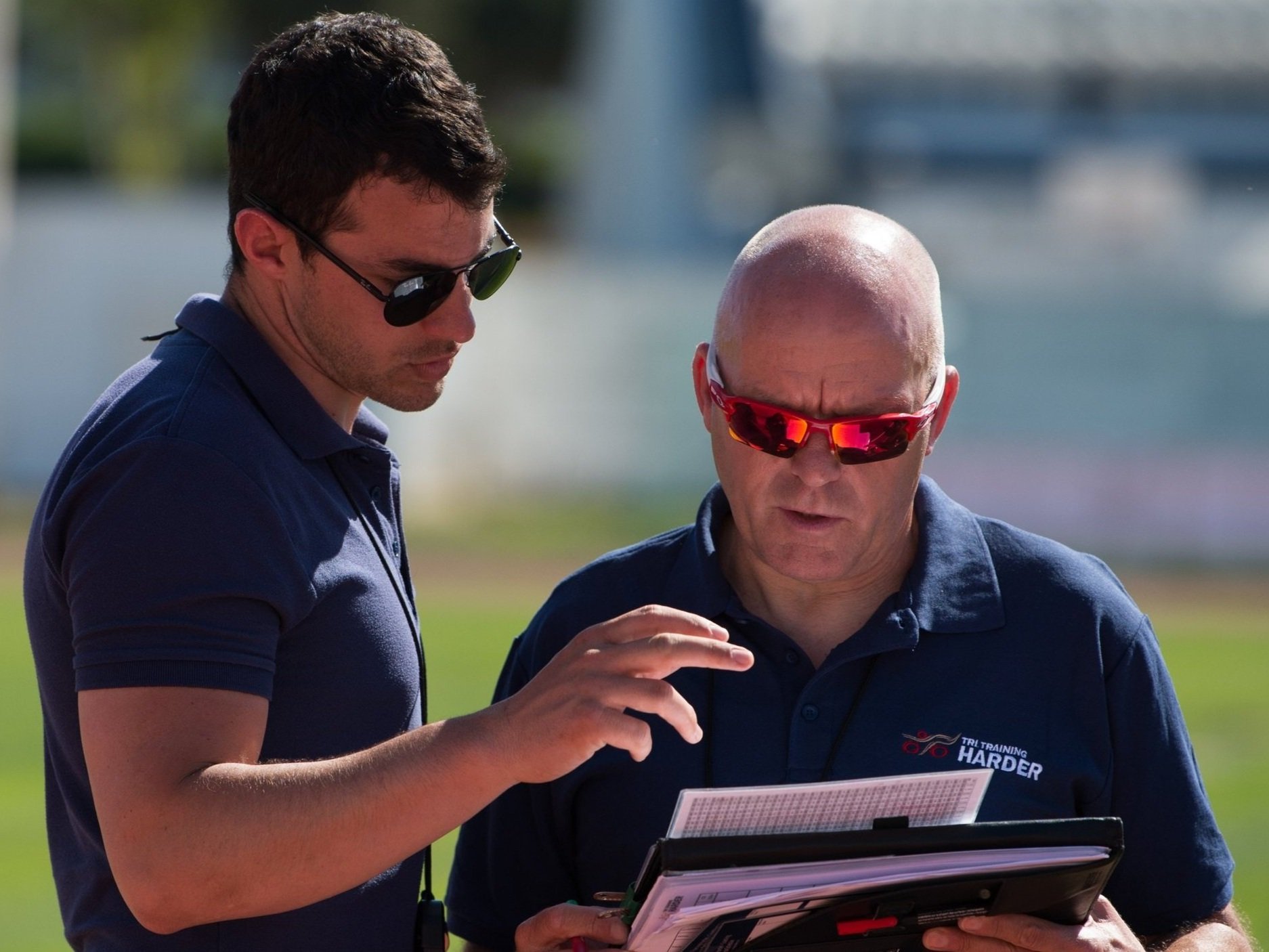How do I practice nutrition strategy?
“You shouldn’t practice anything new on race day.” This age-old piece of advice is especially true for nutrition and fuelling strategies. Nevertheless, it is something athletes seem to neglect when it comes to fuelling. In this article, Coach Philip explores how to practice your fuelling strategy for race day.
Before we begin to talk about practising your race nutrition strategy, it is worth ensuring that you actually have a nutrition strategy to practice. We have put together many helpful articles to help you create a plan, and there are even more suggestions elsewhere online. However, we always recommend keeping it simple – make sure you plan your fluids, salts and fuel for the duration you plan to race for.
Secondly, all fuelling plans can only be effectively and consistently applied when you have put yourself into a position of good Energy Availability. All too often, we see athletes in states of Low Energy Availability. After a week of carbo-loading and reduced training, they stop down-regulating various systems, and their body is in a state of flux. This unstable position is changed further when an athlete tries their “race strategy” and overloads a system that is trying to find a new balance.
Race-day nutrition strategies should be practised regularly. Again, it is incredible when athletes look at their race day and write down their plan: “I will have one bar and one bottle every hour on the bike, and I will consume three gels an hour on the run.” This sounds positive. However, if they have never practised, they may struggle to consume that much, not because the strategy is poor, but just because it hasn’t been practised. Eating, it seems, is trainable!
Often athletes choose to refrain from practising fuelling (especially on the bike) because it would mean stopping more frequently for the toilet or bottle refills. When you think about it, those are terrible reasons not to practice your fuelling. Especially given the number of people who seem to suffer from GI issues on race day!
This article is less about what you should be taking. Instead, it is focused on how to practice it. Clearly, if resources were no objection, you would want to do many sessions at race fuelling levels – eating all the gels, bars etc., that you will do on race day. However, this is rarely sustainable. Therefore, it is worth picking the times you want to test it through two strategies:
1. The Overload strategy. Choose some shorter sessions, usually midweek, where you aim to take on board more than what you would be doing on race day. The shorter sessions will likely be more intensive than race day, so you are asking more of your gut and fuelling a session! This can work wonders to ensure athletes stay in a good state of energy available.
2. Race simulation days. For longer sessions or ones more akin to race intensities, try and consume what you will on race day. Ensure you get the correct hydration, salts and fuel and see how you feel. Can you do more? This can be done less frequently – every couple of weeks or once a month.
There could be suggestions about fat optimisation and training low. However, for most age groupers, this opens up the possibility of LEA, and in reality, the advantages of this are there to be had. Still, usually, there is more lower-hanging fruit in the context of the athlete.
If you take the two strategies above, then you will likely train your gut effectively and have chances to practice your race day strategy. Remember, when you go into a race, you want to normalise (as much as you can) many of the racing variables. Refining and becoming used to your nutrition strategy is a great way to remove one more variable and race to your potential.

Philip is the founder of Tri Training Harder LLP. He’s a British Triathlon Level 3 coach, and has been coaching for over a decade and is involved with mentoring and developing other coaches.
Philip has have coached athletes to European and World AG wins, elite racing, many Kona qualifications, IRONMAN podiums and AG wins.
Alongside the conventional development through many CPD courses, he has also been fortunate enough to work alongside experts in the fields of Physiotherapy, Strength and Conditioning, Nutrition, Psychology, Biomechanics, Sports Medicine. Putting this knowledge into practice he has worked with thousands of athletes to various degrees, from training camps in Portugal and around Europe, clinics in the UK and online coaching.
Visit Philip's
Coach profile
We’re here to help
Tri Training Harder are one of the leading Triathlon coaching providers in the UK, using our wealth of experience to unite scientific and technological research with already well-established and successful best practices, to create a formula for triathlon and endurance coaching that works.
The result is an honest, dynamic, yet simple new way of constructing an athlete’s training to allow them to reach their potential.
If you’re planning your next season, just starting out in the sport or are looking for extra guidance at the very top end of the field, we are here to help, and our coaches would be delighted to hear from you. You can contact us via the website, and one of the team will be in touch.

